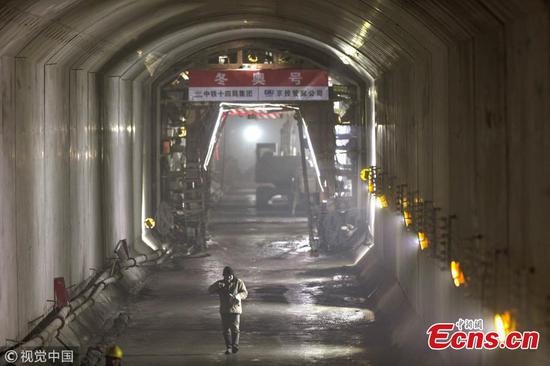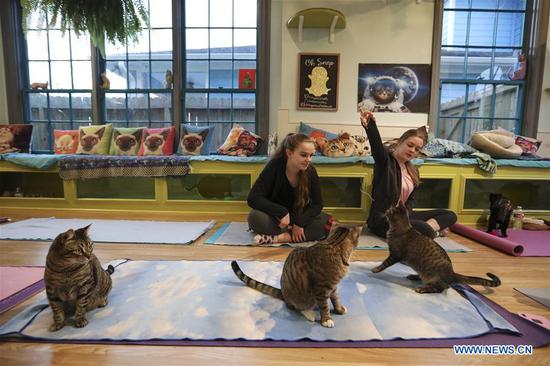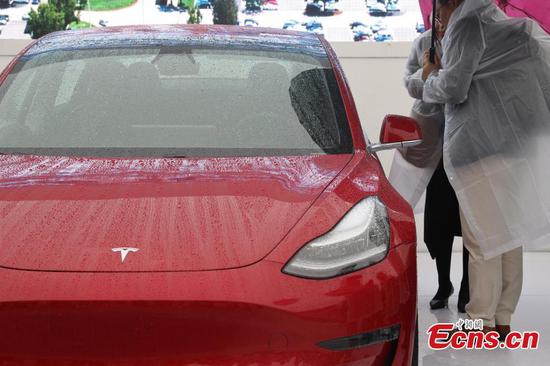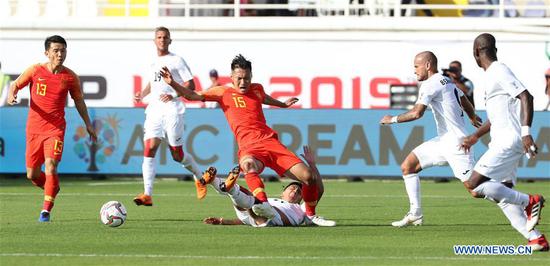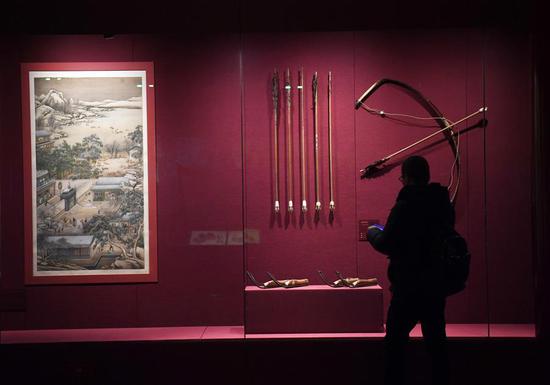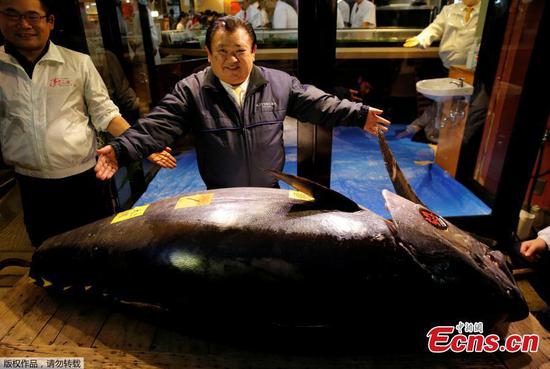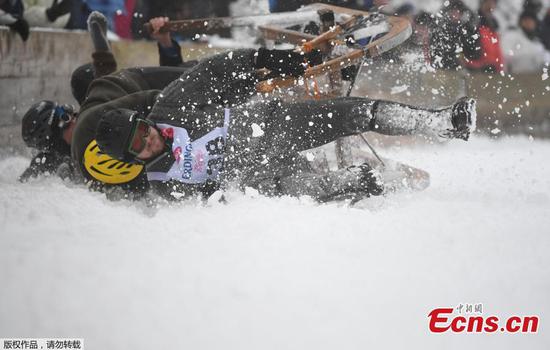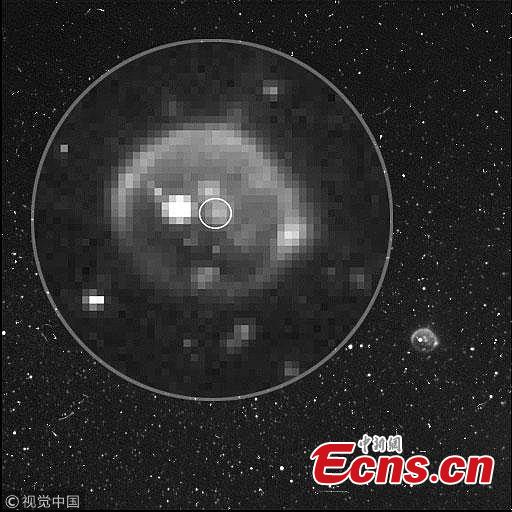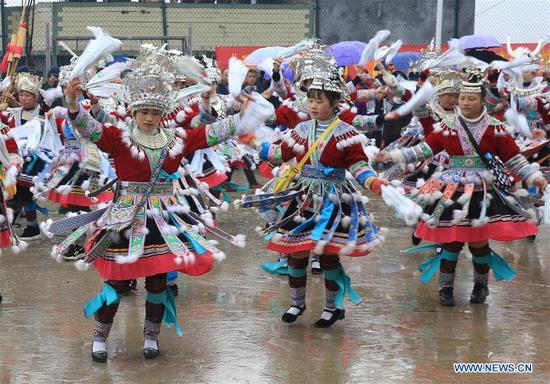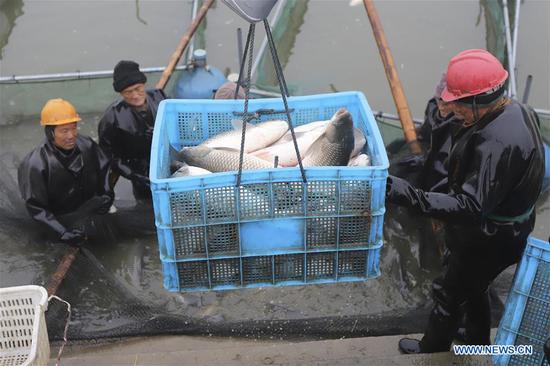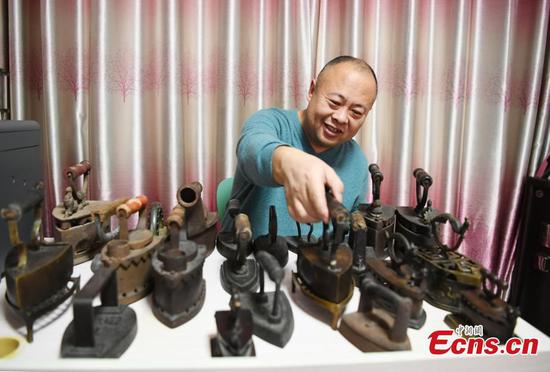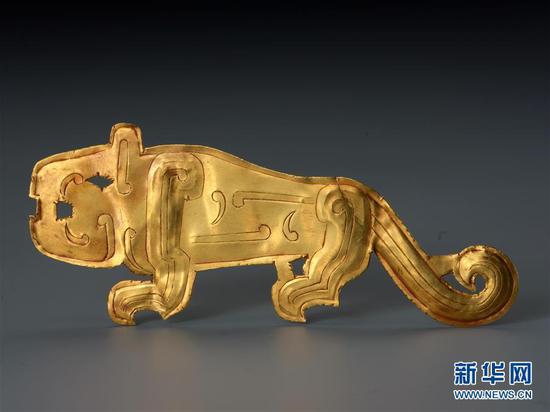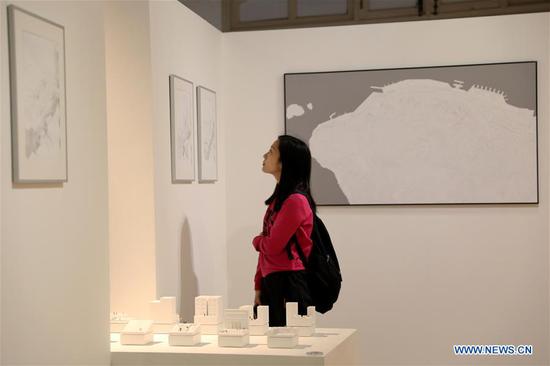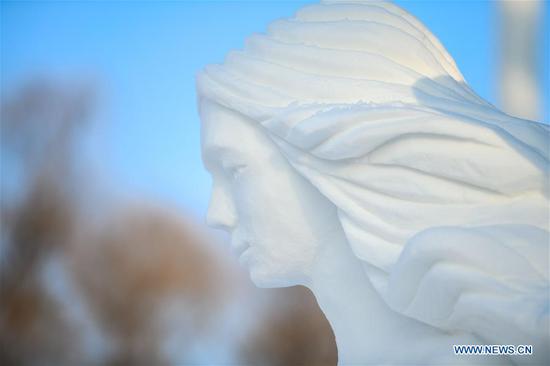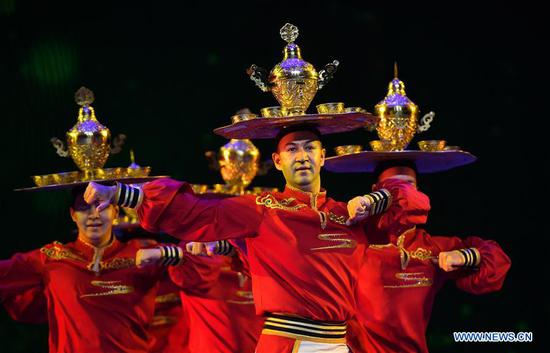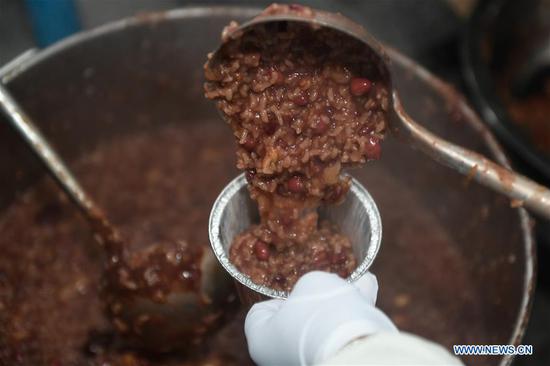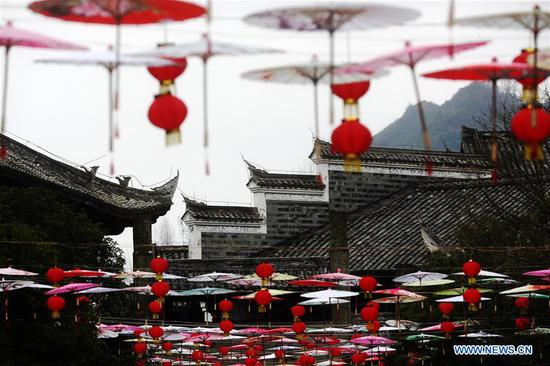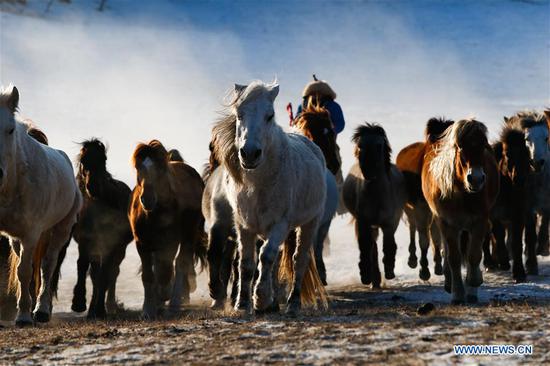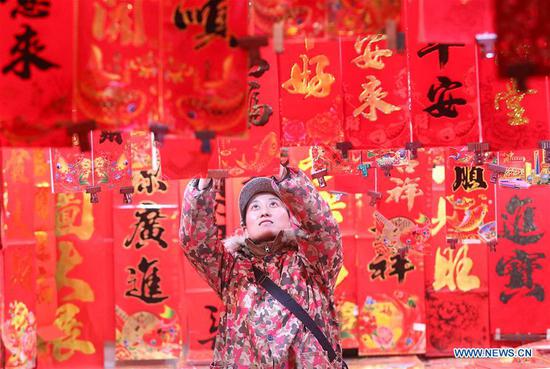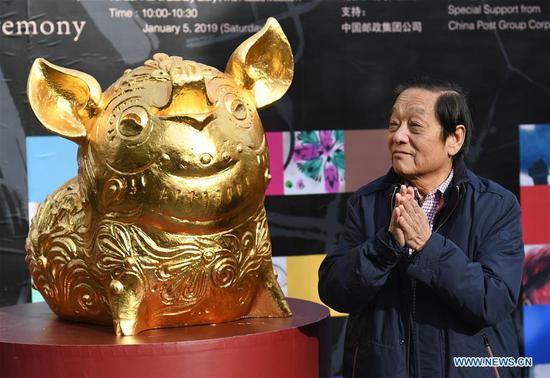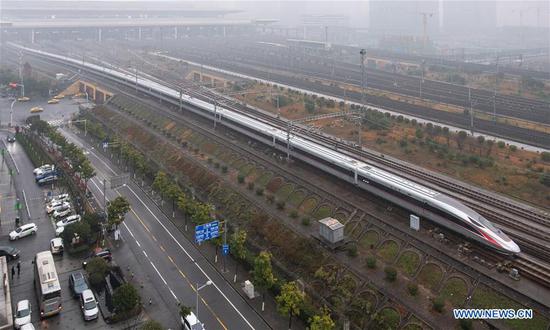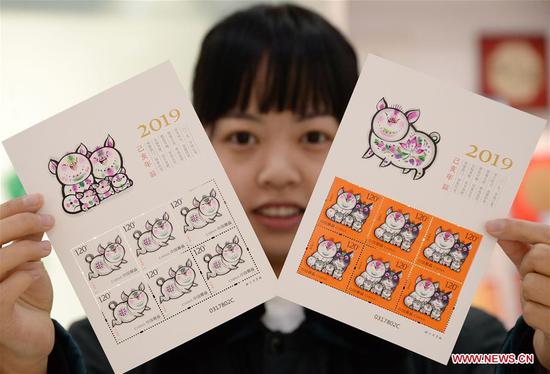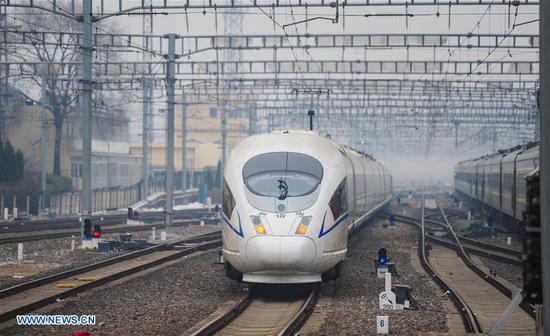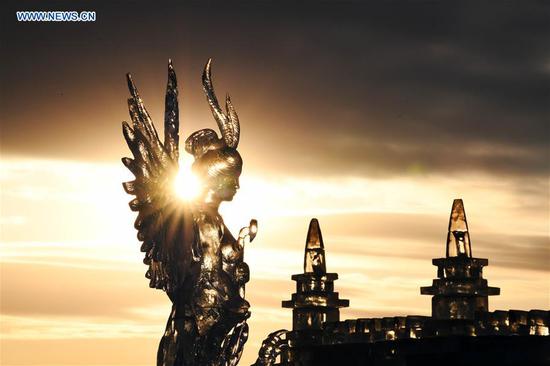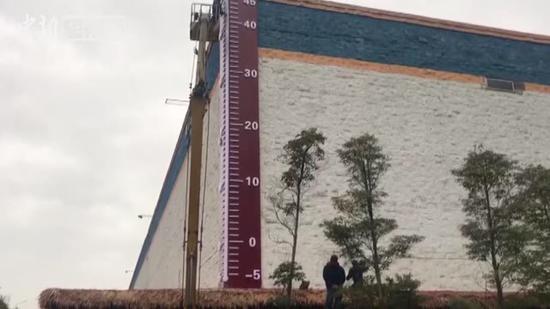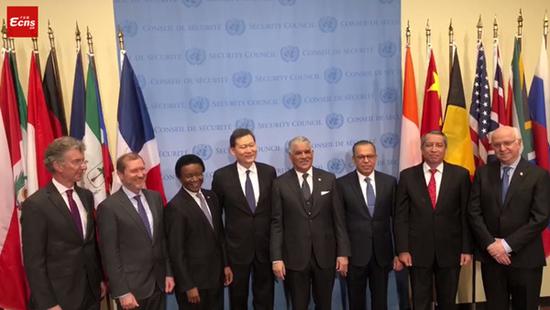
Gu meets with journalists in Beijing in 2012 after being released from prison. (JIANG XIN/FOR CHINA DAILY)
Zhao's case was not an isolated incident. Since the 18th National Congress of the Communist Party of China in 2012, the protection of property and asset rights has been strengthened nationwide, resulting in a number of convictions of businesspeople being overturned.
In these cases, the courts ruled that the convicted parties - all entrepreneurs - had been involved in financial disputes, not financial crimes.
As such, they should not have been subject to criminal proceedings or prison sentences, which not only deprived them of their freedom but also damaged their businesses. Rather than custodial sentences if convicted, they should have faced fines.
This year, the protection of property and asset rights has been designated a major task for governments at all levels, and has also been given priority status on the economic agenda.
Chen Guangzhong, a professor of law at the China University of Political Science and Law, praised the recent efforts to safeguard entrepreneurs, but said the legal protection does not go far enough "and the business environment also needs to be further improved".
Wrongful conviction
Zhao's life changed on Jan 15, 1999. The owner of a business in Yongchang county, Gansu province, that sold agricultural machinery, was arrested by police in Xinxiang, Henan province.
Three years later, Xinxiang Intermediate People's Court found him guilty of contract fraud because he had accepted delivery of 142 tractors from a company in the city, but didn't pay the 760,000 yuan bill.
Zhao claims the failure to pay was an oversight. "My business had turnover of millions of yuan every year. I had no reason not to pay the 760,000 yuan to the tractor company," he said. "It was a financial misunderstanding, just a dispute between two companies."
Because the case was treated as a criminal matter, rather than a financial dispute, Zhao received a prison sentence, not a fine. "I felt the sky was falling in when I heard the judgment," he said. "My business was closed down, and I became nothing at that moment."
In 2010, after several commutations of his sentence, Zhao was freed. Having spent 11 years and six months in various kinds of detention, he immediately launched an appeal to have the conviction quashed and clear his name.
"I always insisted I was innocent." he said. "After a short period feeling depressed in prison, I realized I could not give up. I told myself that I must save my business, and justice would be on my side."










